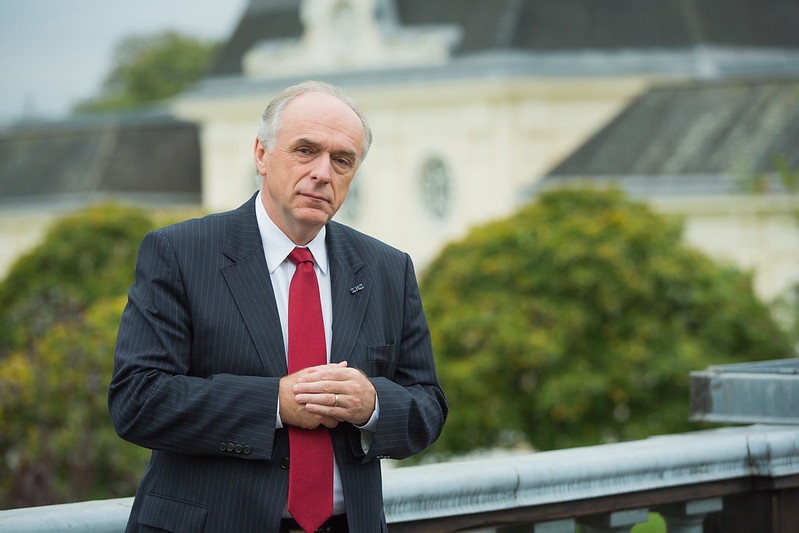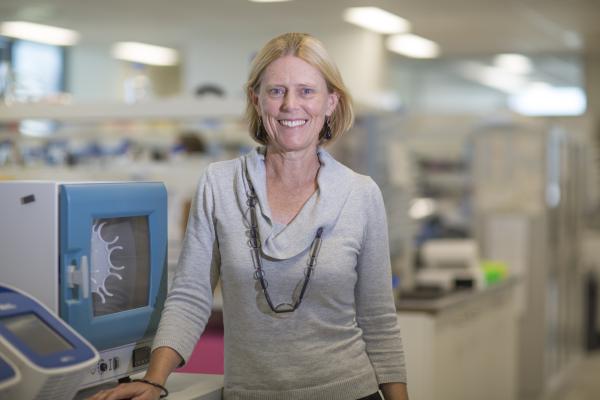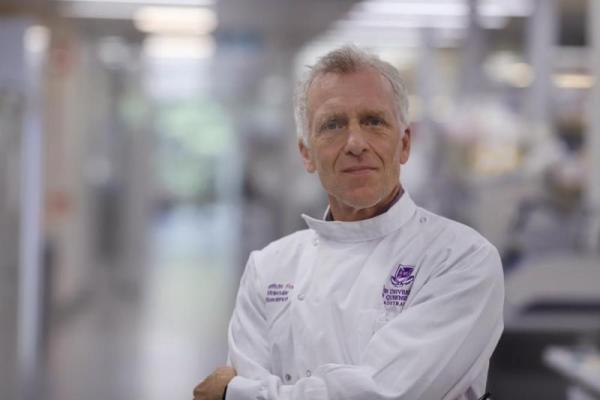The Human Frontier Science Program (HFSP) was established in 1990 to promote international collaboration in basic research focused on the elucidation of the sophisticated and complex mechanisms of living organisms. Since then, 1180 research grants have been awarded to more than 7500 researchers representing 71 nationalities, including Australia.
HFSP Secretary-General Professor Pavel Kabat introduces the program and three prominent researchers tell us how their HFSP grants advanced their research.

HFSP supports excellence in basic research by focusing on the best researchers giving an opportunity to start high-risk/high-gain projects. Its unique ambition is to answer questions at the frontiers of the life sciences through intercontinental program grants and through encouragement of young investigators and their early independence.
The life sciences are one of the most complex fields of research and have become a true 'frontier' in basic science which HFSP addresses by emphasizing interdisciplinary approaches in all its funding programs.
Through its support HFSP provides a forum for scientists to enter into international collaborations in areas and at times not covered by existing international agreements. HFSP research grants allow collaboration between scientists in more than two countries. About two thirds of HFSP-funded collaborations involve three or more countries and up to 97 per cent of all research grants involve intercontinental collaborations. In this way HFSP creates a network that transcends national and disciplinary borders, creating opportunities that go far beyond what would be possible at a bilateral level.
Our grant and fellowship awardees have been highly successful in terms of major achievements in the form of the development of novel research approaches or methods, shifts in research paradigms, and the introduction of new research fields or subfields.
HFSP wants to forge a farsighted agenda that provides the breeding ground for a novel global way of thinking about science. Science can serve our future beyond personal viewpoints with narrow interests and not only for a few years but for decades to come.
The 2022 HFSP Research Grants and Fellowships were announced in April. Find out more about HFSP and try their eligibility quiz.
Read more about HFSP-funded Australian research:

Professor Kirril Alexandrov, QUT
We are looking at fundamental molecular technologies that can enable living systems and electronic devices to exchange information seamlessly.

Professor Melissa Little, MCRI
Surprisingly, our understanding of the cellular dynamics and biophysical processes underpinning organ assembly is extremely limited. Modelling of kidney organogenesis will serve as a valuable framework for developing better therapies and novel approaches to tissue regeneration.

Professor Rob Parton, University of Queensland
Pathogens invade cells and then use the cellular lipid droplets as a source of fats. We speculated that lipid droplets were not always advantageous for bacteria but might have evolved as a form of defence – tempting the bacteria with their stores of fat but then killing the bacteria and protecting the organism.